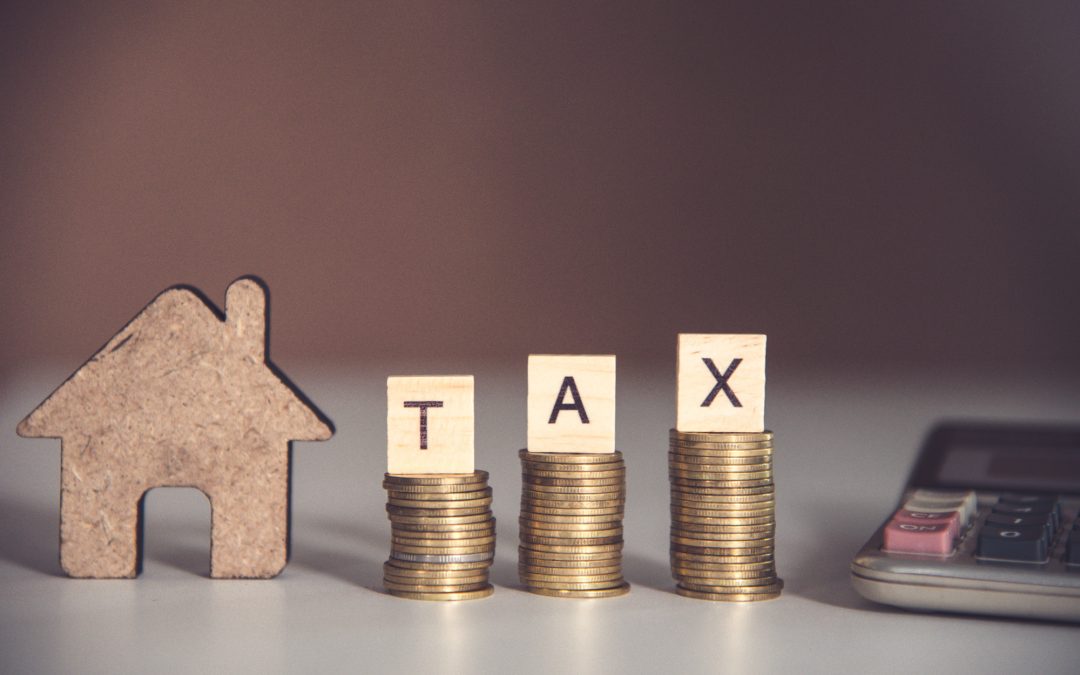Rental income taxes can be confusing for real estate investors but it is crucial for investors to understand the filing process, deductions, and tax rates in order to be successful. There are a few key points to each which can make the tax filing process easier.
1. Determine your tax rate. by Find out whether your rental business is classified as passive or non-passive, and determine whether the property owner is an active participant.
2. Deductions reduce the amount paid in taxes. They are expenses that can be subtracted from your total taxable income. Some common deductions property owners may be eligible for include repairs, interest, property depreciation, legal services, home office expenses, insurance, and employee/contractor expenses, to name a few.
3. Know how to report rental income. Investors will need to submit IRS Form 1040 along with Schedule E papers. Form 1040 is the basic tax form where investors report their personal information and earnings. Schedule E forms are where specific information for each property is reported, including income, expenses, and depreciation. It is a good idea to keep detailed records and receipts throughout the year to make finding all of this information easier at tax time. Make sure you double check all information submitted to the IRS against your records to prevent any errors.
What is the best way to learn about Rental Income Tax #Ironclad
Key Points:
- 1Security Deposits are taxable income in the year they were received.
- 2Property depreciation, loan interest, repairs and insurance are all deductible expenses for property owners.
- 3Accurate detailed records will make income to expenditures easy to determine.
See the original at: https://www.fortunebuilders.com/rental-income-tax/




